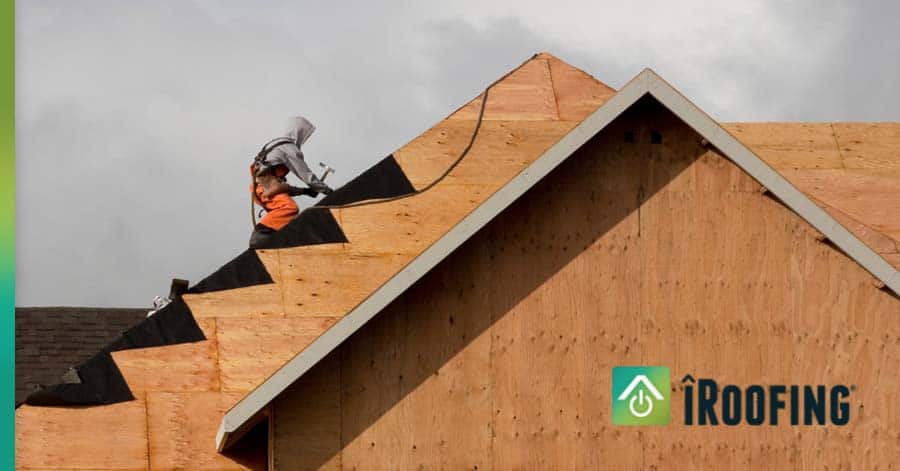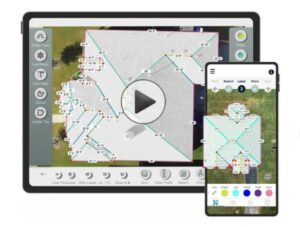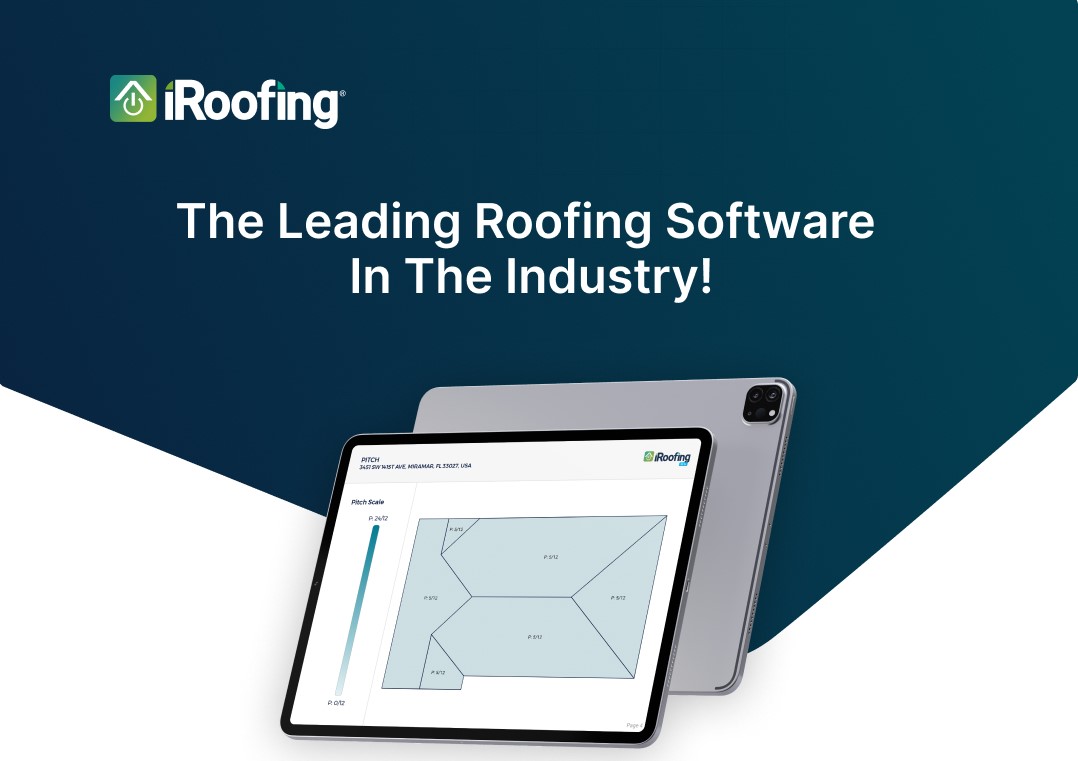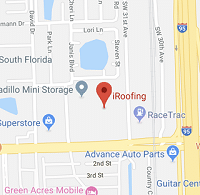Voluntary Texas Roofing License Requirements
Roofing takes a high degree of knowledge and skill, not just brute and brawn. Nevertheless, most states in the U.S., including Texas, do not require roofers to be licensed. The lack of Texas roofing laws means that the Lone Star State – one of the top roofing markets in the U.S. – is a land of opportunity for talented aspiring roofing professionals. Texas’ no-license-required status can also be a concern to property owners, though. Like Florida, Texas is prone to severe weather events which bring high demand for roofing repairs or replacement — lucrative jobs that often prove too tempting to stop fly-by-night actors from cashing in on the bounty.
Any individual in the State of Texas can act as a roofing contractor, as long as they carry general liability insurance, which is one of the only Texas roofing laws. Only those individuals or companies which are considered “specialty contractors” require licensing credentials, such as a contractor who performs masonry, carpentry, electrical work, HVAC, plumbing, paving, or concrete work. However, in certain Texas cities, including San Antonio and Austin, a local license to conduct roofing work is required. The reason the State of Texas doesn’t require a roofing professional to hold a license is rooted in good intentions. The state aims to give entrepreneurs more opportunities to establish a thriving business. When strict regulations are forced upon small businesses offering everyday home services, like a fledging roofing contractor, the politics, complexity, and cost involved in obtaining a license, serves to exclude or repress new competitors and may lead to the larger contractors establishing monopolies.
Voluntary Licensing Helps "Differentiate" Roofing Contractors in Texas
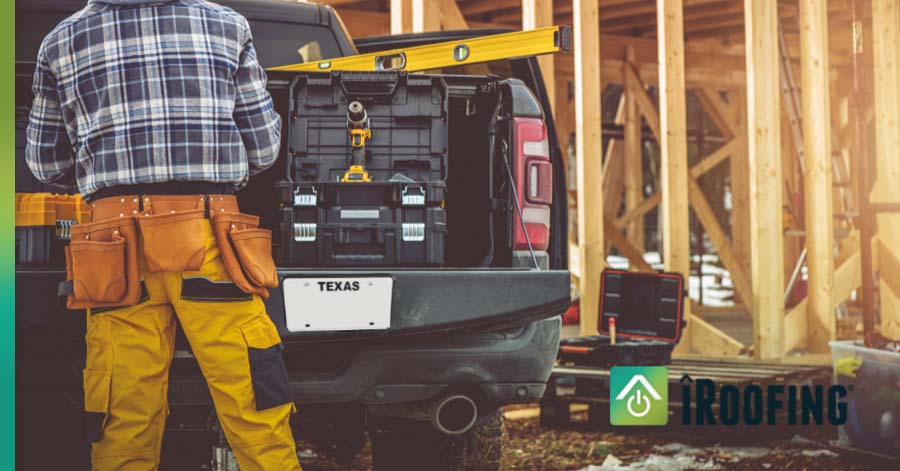
A company or individual has the option of obtaining a license through RCAT—the Roofing Contractors Association of Texas. Only those who can pass a roofing skills examination and carry liability insurance or workers’ comp insurance can be licensed by RCAT. Whether the company performs commercial or residential roofing services, a license can be obtained for either category or for both through the Roofing Contractors Association of Texas. Since quality roofing work is a unique skill, and a roof is a critical component of your home, it’s always a good idea to work with an RCAT licensed roofer.
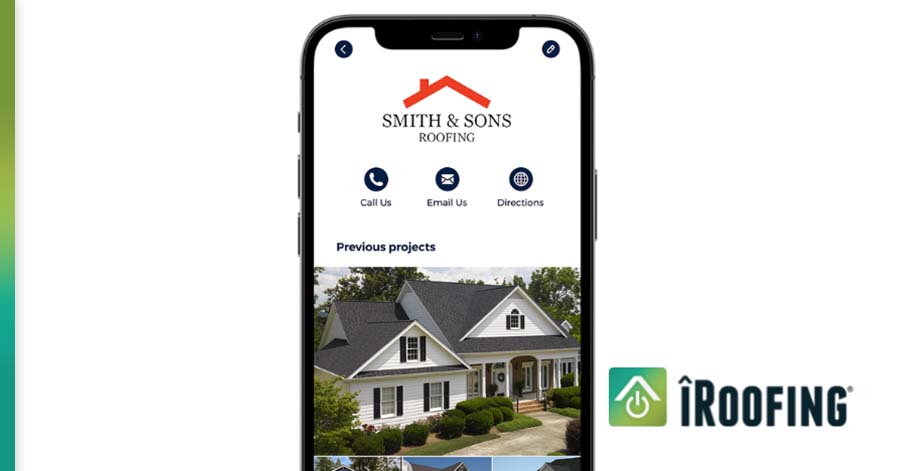
Voluntary Texas Roofing License Requirements...
Having the ability to show a roofing license is an effective way to prove to property owners that the Texas roofing contractor license holder is legitimate, trained, conscientious, and trustworthy. Especially in the aftermath of a destructive storm, out-of-state roofers can blanket impacted neighborhoods signs and flyers. Unlike legitimate “storm chasers” which are roofers that are specially equipped to travel long distances to provide timely, quality services to storm victims, there can be itinerant roofers who are simply seeking a fast buck by knocking out roofing repair jobs before leaving town never to be heard from again.
Homeowners and commercial property owners and managers should take time to ensure their roofing contractor is well qualified and reputable, and credentials, such as a voluntary license in Texas, shingle manufacturer certifications, and local customer referrals is a great way to choose a reliable roofing contractor.
Roofing License Texas... RCAT Requirements
[Roofing Contractors Association of Texas]
- 3 or more years of continuous operations as a company or principal individual in a Texas-based roofing operation.
- A physical address for the roofing company or roofing professional.
- Evidence of the roofing company’s financial responsibility.
- Commercial contractors: $500,000 combined single limit general liability insurance or evidence of ability to obtain a $100,000 surety bond, property bond, or irrevocable letter of credit.
- Residential contractors: $300,000 combined single limit general liability insurance or evidence that your firm can obtain a $100,000 surety bond, property bond, or irrevocable letter of credit.
- Worker’s compensation or other insurance plan providing benefits that comply with Texas laws governing such coverage (refer to State of Texas form DWC Form-005)
- Submission of a completed, signed, and notarized application with required fees.
- Pass a basic business and safety knowledge exam, residential and/or commercial, which is administered online. Applicants must pass the exam with at least a 70% grade and do so within 1 year of the approval date or license application.
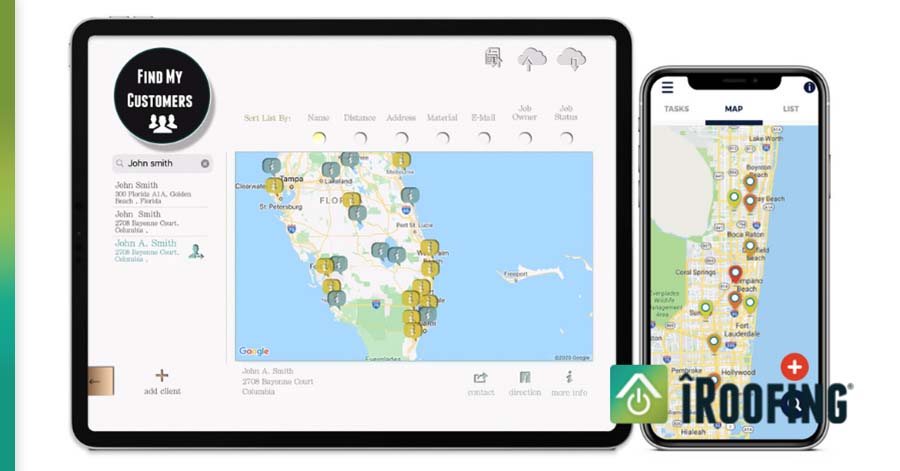
Roofing Software Helps Contractors Operate More Efficiently!
Making a great first impression is vital, and most roofing contractors are instinctively good at it! Some of the best roofing specialists in Texas are Hi-Tech Contractors™ who utilize the iRoofing.org DIY roofing software.
Within the portable app for smartphones and tablets are remote roof measurement tools, instant estimates, incredibly realistic roof simulations applicable to any home or business address, and a digital pitchbook which enables roofing professionals to share dynamic, branded company information and credentials with clients, including their licensed-in-Texas status. Roof takeoffs can also be performed online, from a laptop or desktop PC using iRoofing’s new web-based version!
Anytime a Texas roofing specialist shows clients their branded company presentation from their smartphone, tablet, or connected laptop, it helps to close the sale. With roofing software, Texas roofing contractors can bid more jobs and close more sales!

